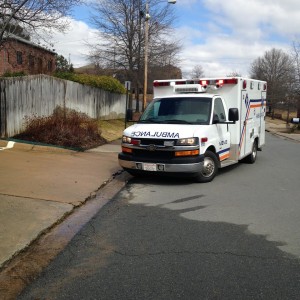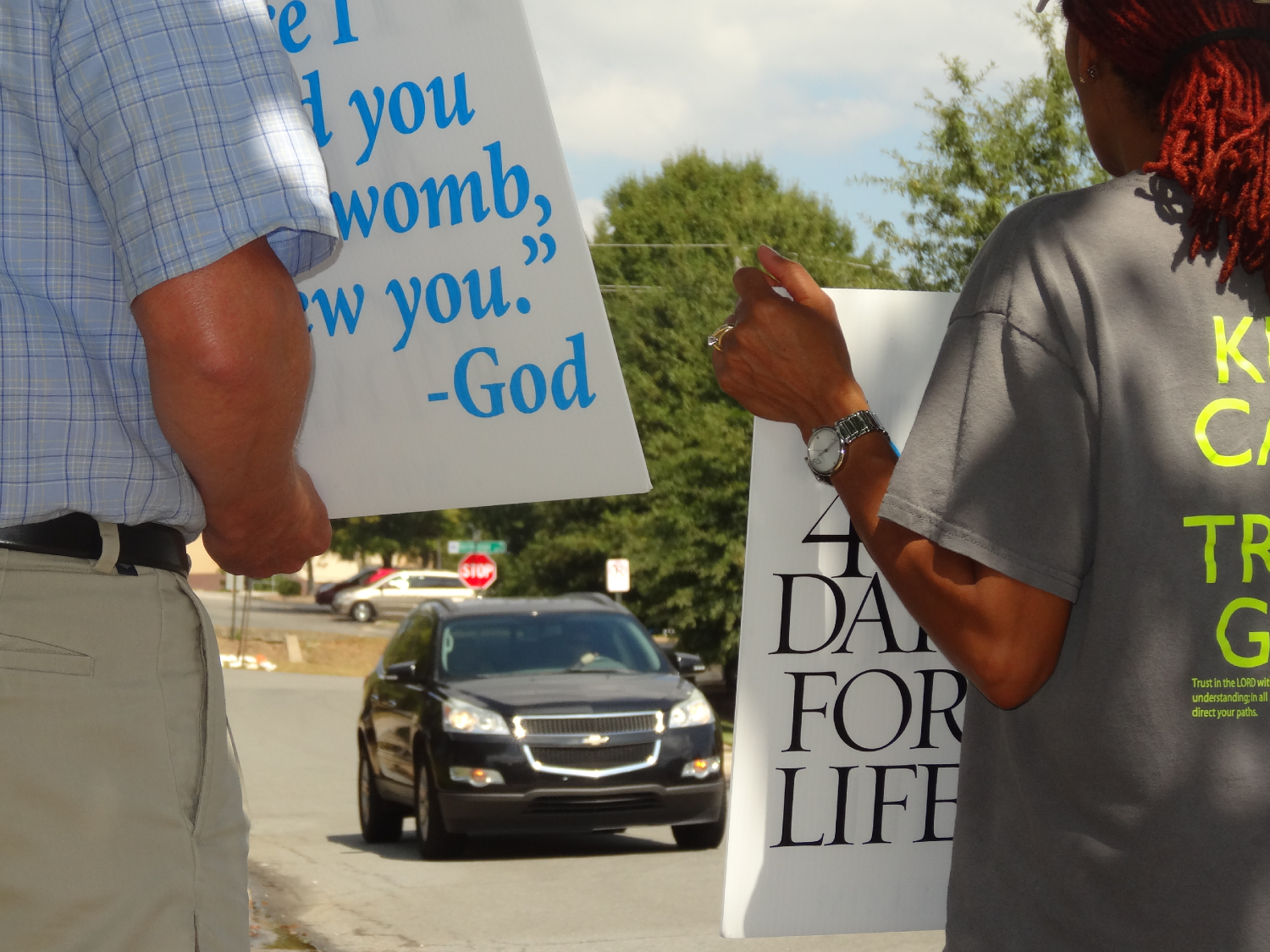 This week the Arkansas Department of Health will release its annual report on abortions performed in Arkansas last year.
This week the Arkansas Department of Health will release its annual report on abortions performed in Arkansas last year.
The report is the result of state laws like the Woman’s Right to Know Act of 2001 and other pro-life laws. Each annual report provides valuable information about abortion in Arkansas.
Some of the data for 2014 has already been released by the Arkansas Department of Health, and it shows an interesting trend: Since its first standalone report under the Woman’s Right to Know Act in 2010, the Arkansas Department of Health has not indicated a single abortion performed to “avert death or substantial and irreversible impairment of a major bodily function” of the mother.
Under the Woman’s Right to Know Act of 2001, doctors must obtain a woman’s informed consent before performing an abortion. That means the woman must be informed about, among other things, the abortion procedure, its risks, and its alternatives.
However, doctors are not required to obtain informed consent for abortions necessary to save the life of the mother or prevent substantial, irreversible damage to the mother’s body–what some call “medically necessary” or “emergency” abortions.
The reason for bypassing the informed consent requirements in these instances is that offering information and obtaining informed consent may jeopardize the woman’s well-being during an emergency. However, since 2010, the Arkansas Department of Health has not recorded a single instance in which the informed consent requirement was bypassed during an abortion.
This is significant for a few reasons. Any time laws related to abortion come up, people often bring up abortions performed to save the life of the mother. Many claim requiring doctors to provide detailed information about abortion could jeopardize a woman’s life during a medical emergency.
Assuming doctors are properly documenting the abortions they perform, these reports from the Arkansas Department Health would seem to indicate one of two things:
Either none of the more than 16,000 abortions performed in Arkansas during the past 5 years were necessary to save the life or health of the mother, or obtaining a woman’s informed consent prior to an abortion is feasible even under emergency circumstances.
You can see the reports from the Arkansas Department of Health below (See Sections 5, 5a, and 5b of each report):





Pingback: A.G. Rutledge Requests Rehearing on Pro-Life Law | Family Council